
Read or listen offline
Amazon KindleRecommendation
Author Paul G. Whitmore elucidates the advantages of a criterion-referenced instruction program based on having employees practice new skills and tasks. This differs from traditional or academic training programs in that skills are evaluated through performance rather than tests. As he explains it, you can feel how much he believes in teaching job competence through practice. However, while this approach might work well for certain skills that lend themselves to being taught readily through repetitive practice, it may not work as well for tasks that involve creativity and non-routine thoughtful activity. Thus, he may overstate the advantages of his one-size-fits-all approach. The book provides voluminous detail about creating systems to organize and deliver skill-based training, so getAbstract.com believes it will have specific appeal to its target audience: learning officers, training managers and human resource directors.
Summary
About the Author
Paul G. Whitmore, Ph.D., is an independent performance consultant who has helped create improved workforce performance in both public and private sector organizations worldwide. He is the author of numerous articles and chapters in such publications as the Training and Development Yearbook and Performance and Instruction.








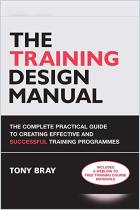
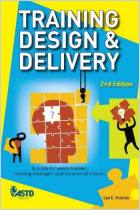
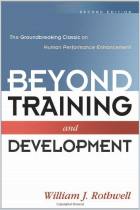
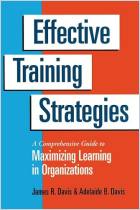
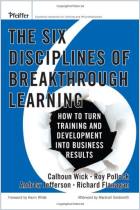
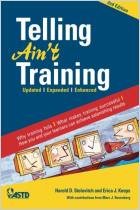



Comment on this summary or Start Discussion